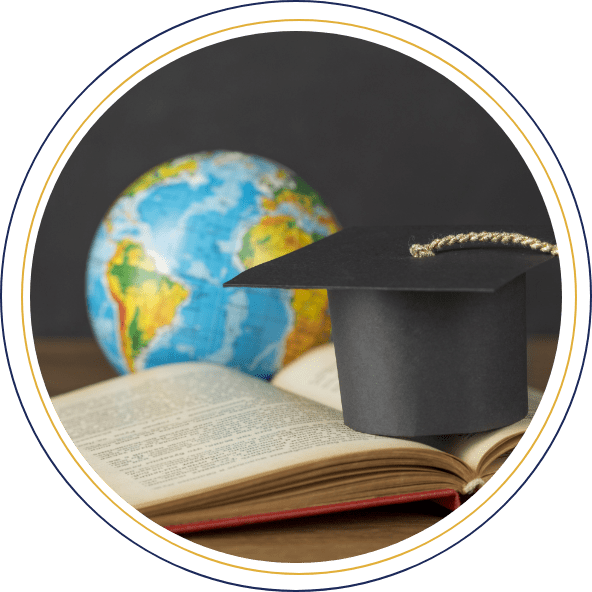INTERNATIONAL
EDUCATION
An international school has an international curriculum, separate and distinct from the national public model, and has been accredited by an international body and is held accountable for maintaining International standards in an ongoing cycle of self-improvement. The staff and student population reflect the diversity of an international education, in thought, ethnicity, curriculum, and preparation. FIA celebrates national and international events, bringing diversity of thought and cultures to the classroom and the school culture.
Logically, FIA’s international teachers and staff bring to FIA a very different pedagogy, as well as more inquiry- and student-based instruction, with and without the use of innovative technology. The Head Principal has run schools and programmes abroad for over 20 years. Barely a third of the student population is Jamaican; the other two-thirds come from seven different cultures.
Both the international accreditation process and FIA’s own professional development processes are ways of continuous improvement that distinguish its growth as an international school.

FIA is focussed on the Diploma Programme (DP), specifically.

The tenets of global education form the largest part of the NEASC (New England Association of Schools and Colleges) and the CIE (Commission on International Education) accreditation processes, not the least of which is the international curriculum.

FIA students are being prepared for testing in the key international college testing programs – College Board testing suites (Advanced Placement, SAT, PSAT, etc.)
At the same time that FIA is regarded as an international school with an outward, global focus, the school believes in the full integration of its community and partnerships with the local Montego Bay, Jamaican and Caribbean communities, in education, athletics, service and sustainable practices.